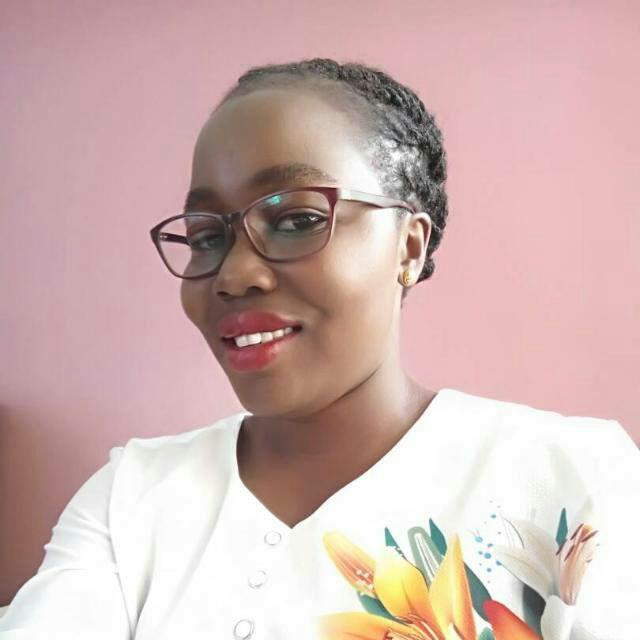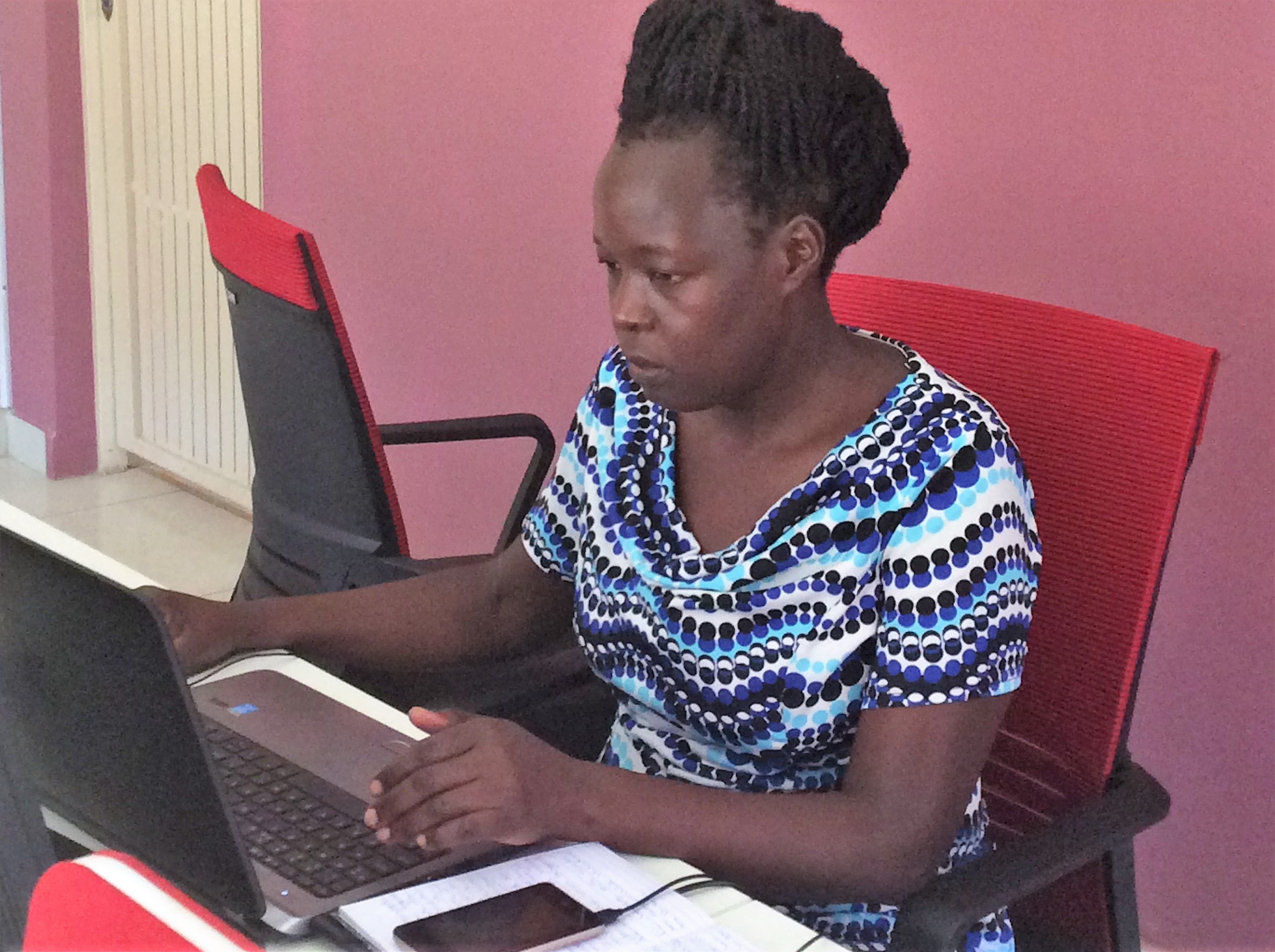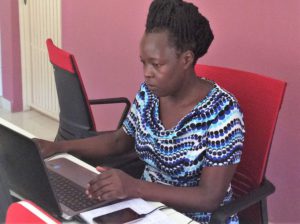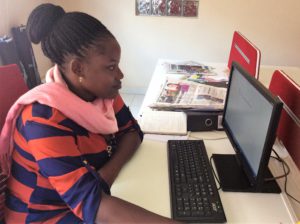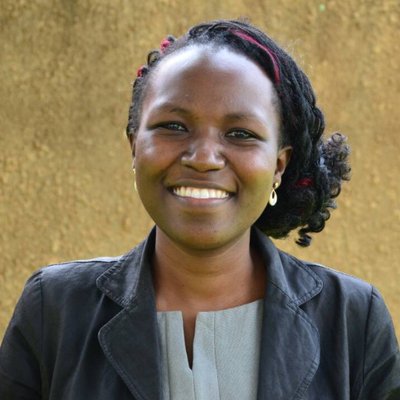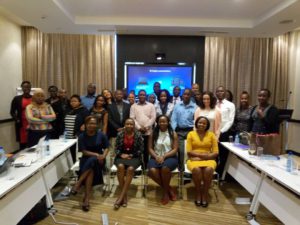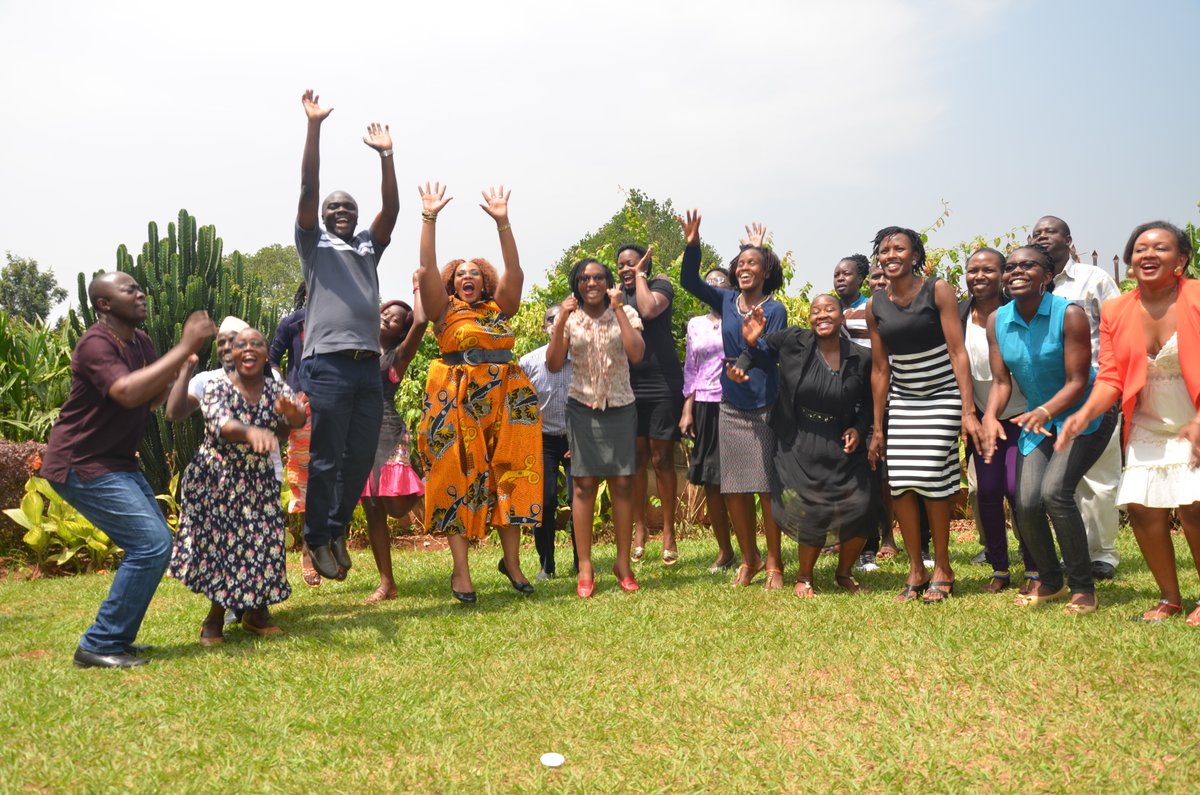By Nakibuuka Noor Musisi
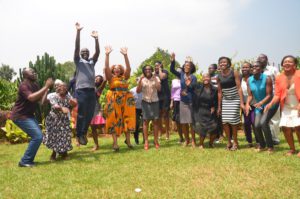 Over the years, CEHURD has mastered the art of institutional development, planning and assessment. Slowly, the institution has zeroed to holding annual staff retreats to reflect on not just its strategic plan progress but also plan ahead annually. It’s also a time of the year when the institution builds staff capacities in various issues that surround its areas of engagement. This is not something done by every institution, yet in fact it’s a guiding tool to planning.
Over the years, CEHURD has mastered the art of institutional development, planning and assessment. Slowly, the institution has zeroed to holding annual staff retreats to reflect on not just its strategic plan progress but also plan ahead annually. It’s also a time of the year when the institution builds staff capacities in various issues that surround its areas of engagement. This is not something done by every institution, yet in fact it’s a guiding tool to planning.
While the Institution may treasure this approach, some staff have a divergent view. I took a reflection of what staff thinks about this strategy. I must state that out of the about 28 staff, a few were spoken to (with program representation as key factor to this), not because I wanted to discriminate others but because they were out of office at the time of writing this article. The same questions were asked to the administration of CEHURD and the findings are startling. I had in mind that the newsletter quarter was up and writing about the staff retreat would be great especially that in about a few months, we will be in another retreat to review progress of the first half of the year.
The big deal about this year’s retreat is three fold. The capacity building sessions in various areas, Comprehensive sexuality education, Harm Reduction Model, leadership, team work etc.; team work and planning and most importantly the co- curricular activities that were wound up with a boat ride on the Nile waters. This seemed a very interesting moment for staff with all the music and refreshments that came with it. This is my opinion, but staff had moment’s to share about not just this year’s retreat but various others that the institution has held. My questions to them were; what do you like about the staff retreats and what don’t you like about them? I will verbatim write down the responses here
“Team building is usually strong in the retreats and also I get to know people’s personalities. I use his time to reflect on personal objectives and the organization” It however used to be tense, and I used to join it with fear, I hated this part of it, but of late I like it” Ms Nalukwago Assumpta.
Mr Serunjogi Francis noted that “While it’s meant for planning and reviewing progress on organizational side, the biggest component to me is team building. We never get time to sit and talk and laugh as staff, at office its work, and work and work. I do not like the fact however, that there is a lot of information shared within a short time. Our facilitators are cut short, they usually have a lot to share which we would consume in about two weeks and is provided in a short time”
Ms. Aguti Lillian noted that she likes the fact that “we plan together but is a hectic process.” While Mulindwa Dan Joseph gets be “notified of our weaknesses, learn things we do not know, strengthen relationships as employees, when you have grudge it’s time to reflect and forgive each other. It’s also a time to enjoy life outside of work. I do not like it’s part of working for long hours and sometimes somehow hectic.”
From the strategic Litigation program, Ms Rose Wakikona liked the fact the “We go to nice places, eat good food, have nice discussions that gave me a platform to learn more about CEHURD and how to implement work. It was however too long, with so many days away from home and was tired of the place by the time we left.”
Ms Primah Kwagala emphasized that “I like the planning in the retreat. I like the fact that we go to be together, run together, and have co- curricular activities other than work. We get to reflect on our lives, aspirations, we learn from what people are doing way beyond work. You get to plan and do things better at the end of the retreat. I hate it when sometimes you become the subject of the retreat. Its demoralizing because a person thinks they have no value they add to the team and come back determined to leave?”
Asking the same question to the grants and research officer, Ms Nassimbwa noted that, “I like the recreation, doing work but also relaxing and work planning. I decided never to say what I do not like”
Ms Kizito Claire stressed that “one get to know in-depth of programs and how projects relate to programs” and disliked nothing. While Ms Nakiyingi Vivienne highlighted that she likes the “fact that it’s a reflection moment, people get to know more about each other besides work and it eases minds when we play in evenings. I however do not like the fact that we never get to contribute to ideas as staff on where the retreat will take place, its ideal that our voices are heard on venues of choice as part of our contribution to the planning of the retreats right away.”
From the communications department, Ms. Nabunya Faith who is fairly new and has attended to just one retreat noted that “I loved the tea, work and sociability of everyone, I loved the sun and disliked nothing”
While from a different program, but fairly new- just like Faith, Mr Wasswa Paul elucidated “I liked the fact that we had excellent facilitators to build our capacities in various fields, loved the lake side engagements in the evenings, and daily work out for staff.”
Asked the same question, Mr Muhumuza Abdul Kharim likes the fact that retreats are “a time of reflection about self and organizational and also have an opportunity to build capacity in various fields. What I do not like is tricky o mention.”
These views, as you read, are divergent some with stronger expressions that makes you feel like we should have these retreats always or never again. You may be asking yourself he views of the administration of the institution. I did not hesitate to pause similar questions to them, Ms Nakanwagi Gertrude, Mr Kabanda David and Mr Mulumba Moses also have both good and bad sides of these retreats.
The retreats are an “opportunity to be together with staff unlike at work, but sometimes there used to be tension that came with them yet they should be a time for relaxing but this has changed” Ms. Nakanwagi Gertrude noted.
Mr Kabanda David highlighted that he likes them because “they happen twice a year and it’s that time when we genuinely dig deep into strategizing on how best work should be done. This helps me and every one to reflect on the career path but also work that has to be done in the year. It’s the time when someone sets targets which can be personal or work related. Is the time to sit and talk to people, we eat together and have fun. I also like the co- curricular activities that come with it. Sometimes however, you want people to do things and rework plans but they show you they are tired or even fade up of being tasked to refines work plans”
Wounding it up with a response from the Executive Director, Mr Mulumba Moses notified to me that “I like them because they are the only points in life when I usually connect with people that we work with. They give me a social life to understand people. The retreats have a component on mentor-ship which I find valuable and I think it’s important that it’s maintained. It’s also an opportunity for me as the head of the institution to move away from work and having to answer all questions, to rather a more relaxing moment. I love it for its not being a very serious but relaxing moment to connect with people. It however puts pressure on me to think, prepare, and make them relevant.
In most cases it takes me a lot of thinking such that am able to provide staff with more meaningful comments as they prepare their work plans. It takes me days of looking for best facilitators and it leaves me in a most pressurized and difficult situation. Sometimes these retreats are tense and one has to make had points for people to do more which sometimes is a problem and this makes me think twice about the retreat.”
I do not want to agree any better, these are just views that any institution would want, to make itself better. I want to thank staff that gave their responses and administration too. I hope these will help CEHURD plan better and or change approach to things.
 Today, Uganda joins the rest of the world to commemorate the International Women’s day. As a woman, mother and an advocate for women’s rights, it can’t go without saying that this day brings memories to me but also the institution I work for.
Today, Uganda joins the rest of the world to commemorate the International Women’s day. As a woman, mother and an advocate for women’s rights, it can’t go without saying that this day brings memories to me but also the institution I work for.
